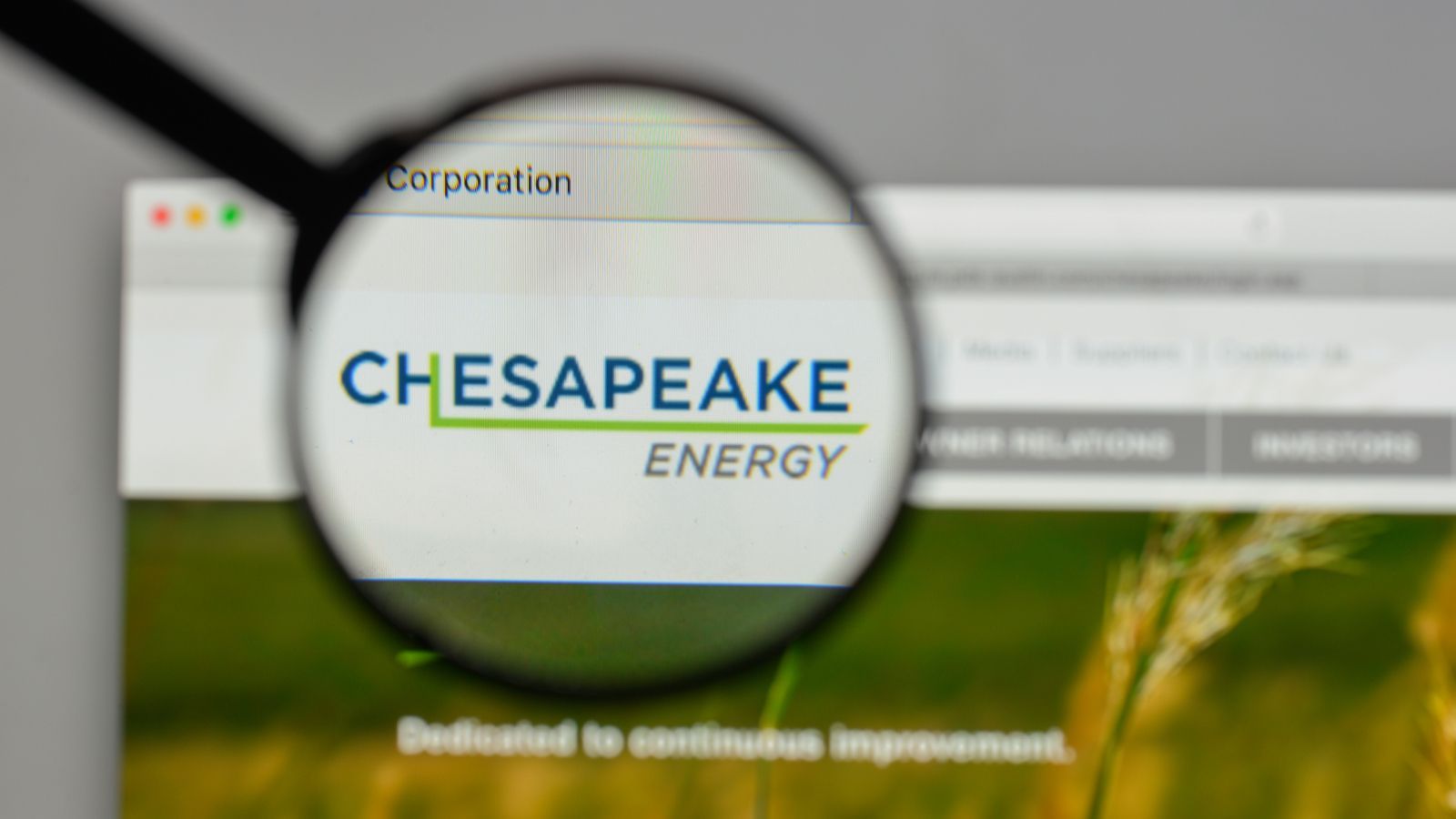There is no shortage of opinions from InvestorPlace writers telling you the same thing. Chesapeake Energy (OTCMKTS:CHKAQ) is bankrupt. And if you still own Chesapeake stock, your shares will likely be deemed worthless by the court.

I also argued against buying into the bankruptcy trade in June. It seems investors are getting the message. Since the company officially filed for Chapter 11 in June, the stock is down 42%. But truthfully, it should be down more. However, in the last 30 days, investors may be trying to pull off a pump-and-dump plan as shares have climbed 13% higher. And at one point, Chesapeake stock was up 43%.
This is simply crazy. But there’s a lot of crazy going on in the market right now.
Chesapeake Stock Is Not a Bankruptcy Trade
Other notable companies such as Hertz (NYSE:HTZ) and JCPenney (OTCMKTS:JCPNQ) have filed for bankruptcy this year. And that has led to speculative interest in the bankruptcy trade. But in the case of Chesapeake, that’s a fool’s errand. Ian Bezek gave this quote from Chesapeake’s restructuring support agreement. “Each holder of an equity interest in Chesapeake would have such interest cancelled, released, and extinguished without any distribution.”
To which Bezek opined correctly:
You see it right there. The stock will be cancelled and extinguished. There will be no distribution. That’s it – game over. Yes, Chesapeake is still trading for nearly $8 per share. But the stock will soon be worthless, it’s right there in writing.
Chesapeake Is Vowing to Fight Another Day
Perhaps speculators are hanging on to Chesapeake stock because the company says it will emerge from bankruptcy as a viable entity. At the time of the filing, Forbes detailed the specifics of Chesapeake’s restructuring program. The company envisions itself exiting bankruptcy as a recapitalized company with an enterprise value of $3.25 billion.
To that end, Chesapeake secured $925 million in debtor-in-possession financing. The company also has a tentative deal for $2.5 billion in exit financing that includes a $1.75 billion revolve and a $750 million term loan. The company also has support to receive $600 million in new equity.
But I don’t mean to mislead you. All of the above may happen. And it’s possible that the new company may be able to trade publicly under a new symbol. The Securities & Exchange Commission (SEC) describes the process as follows:
If the company does come out of bankruptcy, there may be two different types of common stock, with different ticker symbols, trading for the same company. One is the old common stock (the stock that was on the market when the company went into bankruptcy), and the second is the new common stock that the company issued as part of its reorganization plan. … Be sure you know which shares you are purchasing, because the old shares that were issued before the company filed for bankruptcy may be worthless if the company has emerged from bankruptcy and has issued new common stock.
That is the reality for current shareholders of Chesapeake stock. That stock is going to zero. They will lose whatever money they have put into the company.
Oil Stocks Are Gambles Without Bankruptcy
If you’re still holding out hope to receive some value from Chesapeake stock, I’ll appeal to you in a different way. Would you be investing in Chesapeake Energy, or any oil company, under the current economic conditions?
A barrel of crude remains in the $40 range. The price of natural gas is around $2.25. These are not levels at which oil companies are going to be making profits. Particularly not a company that is tied to shale production as is the case with Chesapeake. Magnus Nysveen, head of analysis for Rystad Energy confirms the company’s situation in a statement sent to Rigzone.
“New investors would now have to believe in commodity prices way above the current forward curves to bring the company safely through Chapter 11 proceedings,” he added.
The good news is that it appears investors are getting the message. Volume is light and the shares are tumbling. But if you’re still one of the speculators in Chesapeake stock, the time to get out is now.
Chris Markoch is a freelance financial copywriter who has been covering the market for over five years. He has been writing for Investor Place since 2019. As of this writing, Chris Markoch did not hold a position in any of the aforementioned securities.
